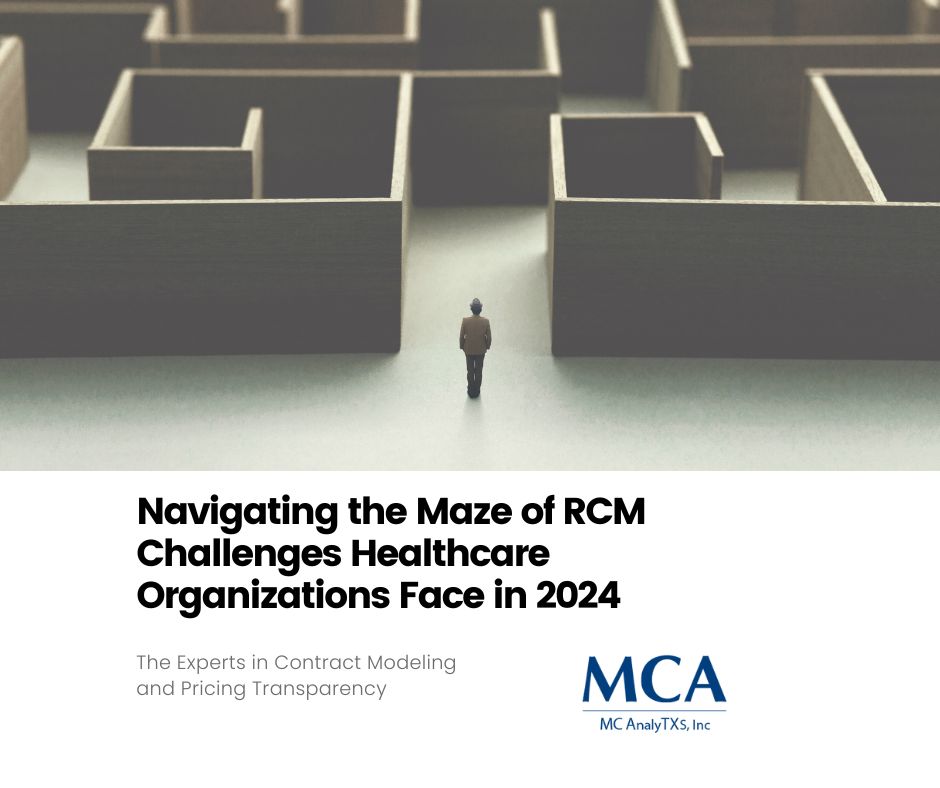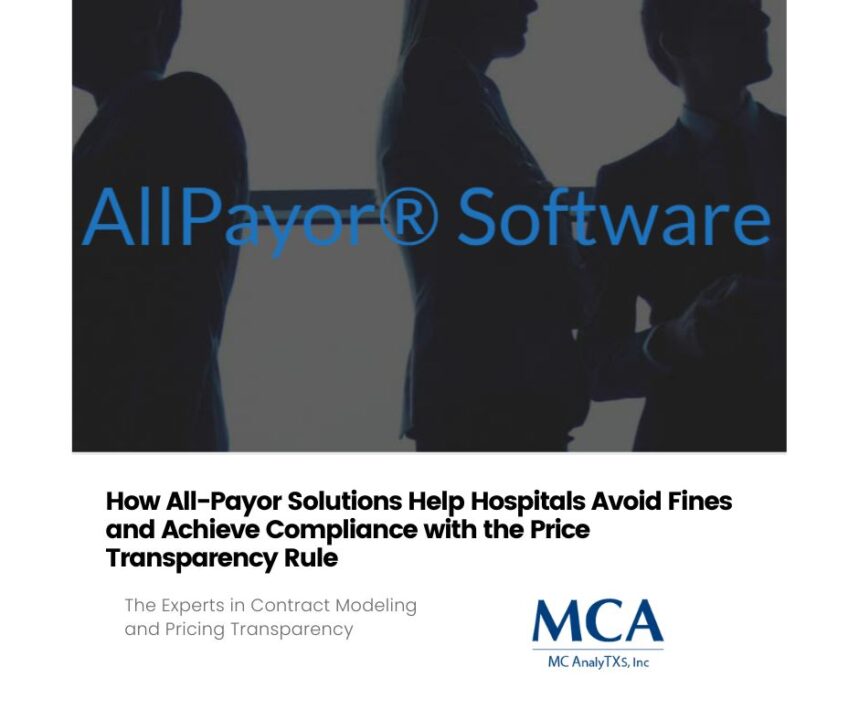

Navigating the Maze of RCM Challenges Healthcare Organizations Face in 2024
Revenue Cycle Management (RCM) is the lifeblood of healthcare organizations, ensuring that they receive timely payments for the services they provide. In 2024, the landscape of RCM is more complex than ever, with new challenges emerging that require the attention of revenue cycle managers. This blog post dives deep into the top RCM challenges healthcare organizations are facing this year and offers practical strategies to overcome them. Whether you’re a seasoned revenue cycle manager or new to the field, this guide will help you stay ahead of the curve.
The Vital Role of RCM in Healthcare
Revenue Cycle Management encompasses all the administrative and clinical functions that contribute to the capture, management, and collection of patient service revenue. From patient registration to the final payment of a balance, RCM is a critical component in maintaining the financial health of healthcare organizations. A well-managed revenue cycle ensures that healthcare providers are reimbursed promptly and accurately, enabling them to continue delivering high-quality care.
The Current State of Healthcare Revenue Cycles in 2024
The healthcare industry is undergoing rapid changes, and revenue cycles are no exception. Emerging trends such as telehealth, value-based care, and the integration of artificial intelligence (AI) are reshaping how organizations approach RCM. These trends offer both opportunities and challenges, requiring revenue cycle managers to be agile and forward-thinking in their strategies.
The Impact of Evolving Regulatory Requirements
Regulatory requirements in healthcare are continuously evolving, and 2024 is no different. Compliance with regulations such as HIPAA, the Affordable Care Act, and new state-specific mandates is crucial for avoiding penalties and ensuring smooth operations. However, staying up-to-date with these regulations can be a daunting task for RCM departments.
Revenue cycle managers must invest in ongoing training and leverage advanced software solutions that automatically update regulatory changes. By doing so, they can minimize compliance risks and focus on optimizing their revenue cycles.
Integration and Optimization of New Technologies
Technological advancements are revolutionizing RCM, but integrating these new tools can be challenging. From electronic health records (EHR) systems to AI-driven analytics, the options are vast and varied. The key is to choose technologies that align with your organization’s specific needs and goals.
Implementing these technologies requires a strategic approach, including thorough planning, staff training, and continuous monitoring. Successful integration can lead to significant improvements in efficiency, accuracy, and overall revenue performance.
Staffing and Training Challenges in RCM Departments
Staffing and training are perennial challenges in RCM departments. The demand for skilled RCM professionals is high, but finding and retaining talent can be difficult. Additionally, keeping staff updated with the latest industry trends and technologies requires ongoing investment in professional development.
Organizations can address these challenges by offering competitive salaries, fostering a positive work environment, and providing continuous learning opportunities. Developing a robust onboarding process and offering mentorship programs can also help new hires acclimate quickly and effectively.
Addressing Cybersecurity and Data Privacy Concerns
In the digital age, cybersecurity and data privacy are paramount concerns for healthcare organizations. Revenue cycle operations involve handling sensitive patient information, making them prime targets for cyberattacks. Ensuring that this data is protected is not only a regulatory requirement but also essential for maintaining patient trust.
Implementing robust cybersecurity measures, such as encryption, multi-factor authentication, and regular security audits, can help safeguard sensitive information. Training staff on data privacy best practices is equally important to prevent breaches and ensure compliance with regulations.
Strategies for Overcoming RCM Challenges
Best Practices in Compliance and Regulatory Management
Staying compliant with evolving regulations requires a proactive approach. Regularly reviewing and updating policies, conducting internal audits, and participating in industry forums can help organizations stay ahead of regulatory changes. Leveraging compliance management software can also streamline the process and reduce the risk of non-compliance.
Utilization of Advanced RCM Software and Analytics Tools
Advanced RCM software and analytics tools can transform how organizations manage their revenue cycles. These tools offer real-time insights into key performance indicators (KPIs), enabling managers to make data-driven decisions. By identifying trends and pinpointing areas for improvement, organizations can optimize their revenue cycle processes and enhance financial performance.
Training and Professional Development Initiatives for RCM Staff
Investing in the professional development of RCM staff is crucial for maintaining a high-performing team. Offering regular training sessions, certifications, and access to industry conferences can keep staff updated with the latest trends and best practices. Encouraging staff to pursue advanced degrees or specialized training can also enhance their skills and contribute to the organization’s success.
Implementing Robust Cybersecurity Measures
Robust cybersecurity measures are essential for protecting sensitive data and ensuring compliance with regulations. Organizations should implement a multi-layered security approach, including firewalls, intrusion detection systems, and regular security audits. Training staff on cybersecurity best practices and conducting simulated phishing exercises can also help mitigate the risk of cyberattacks.
Conclusion
Revenue Cycle Management is a critical component of healthcare organizations, and navigating its challenges requires a proactive and strategic approach. By staying compliant with regulations, leveraging advanced technologies, investing in staff development, and implementing robust cybersecurity measures, organizations can optimize their revenue cycles and achieve financial success.





